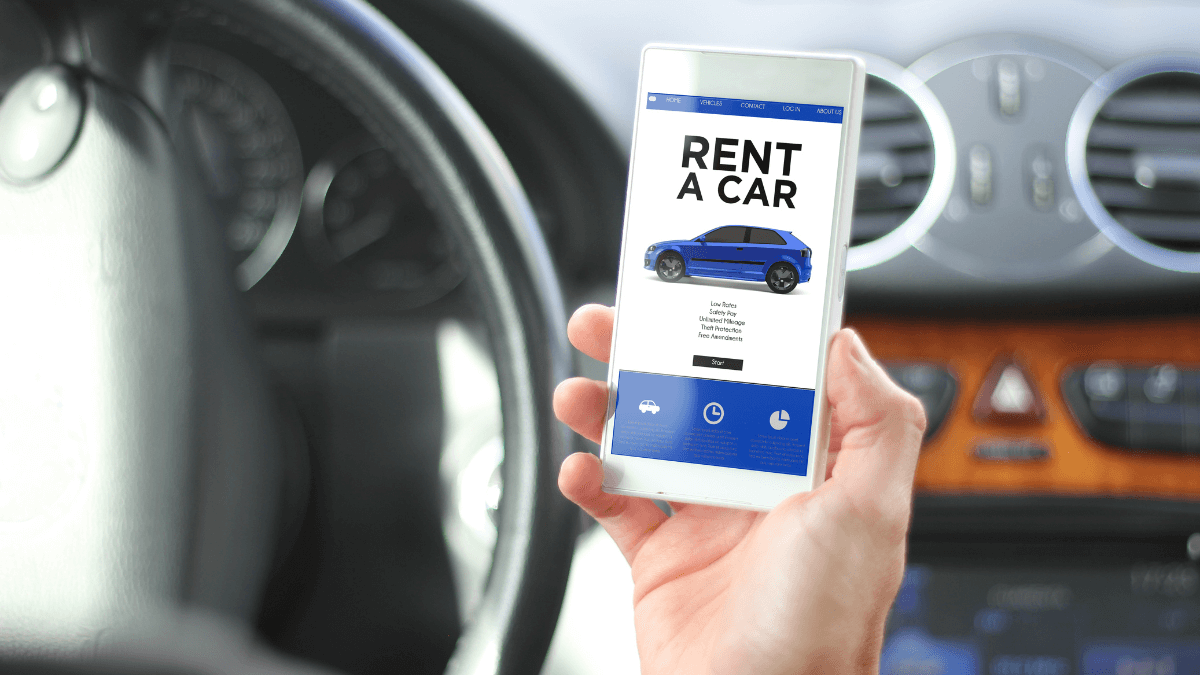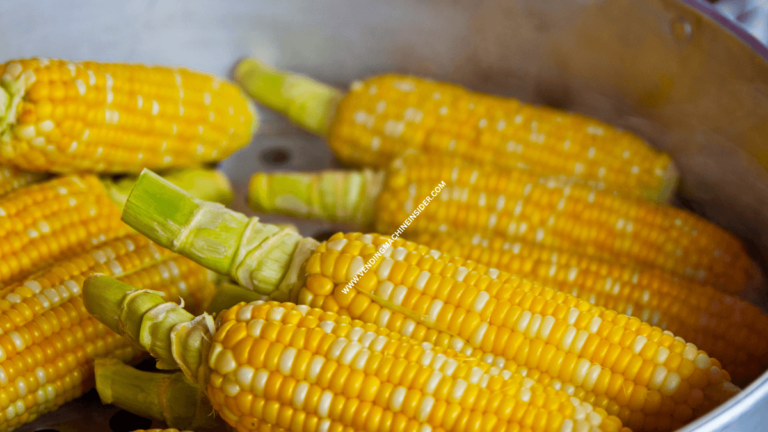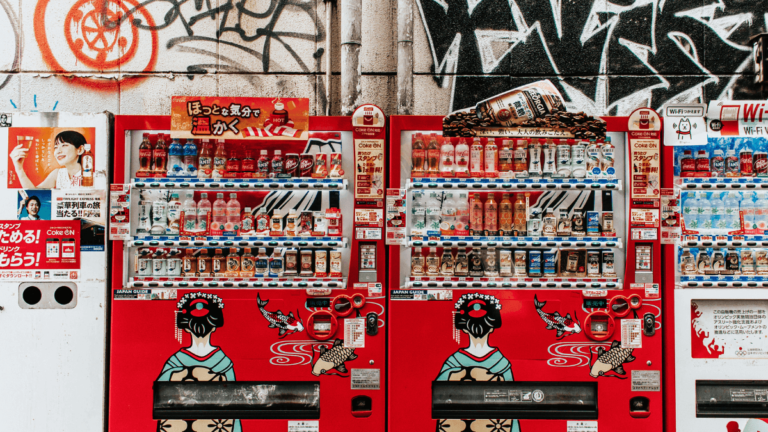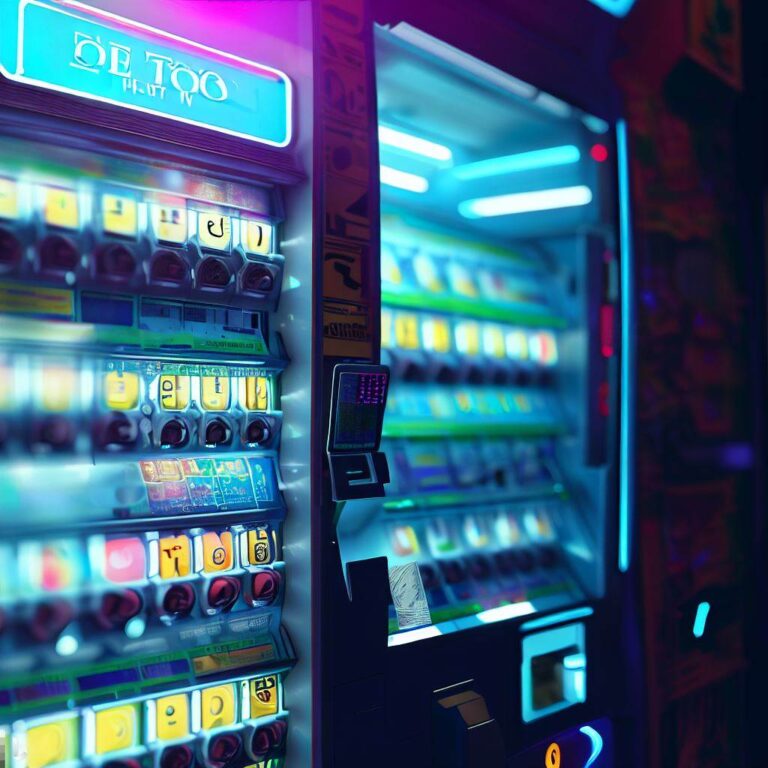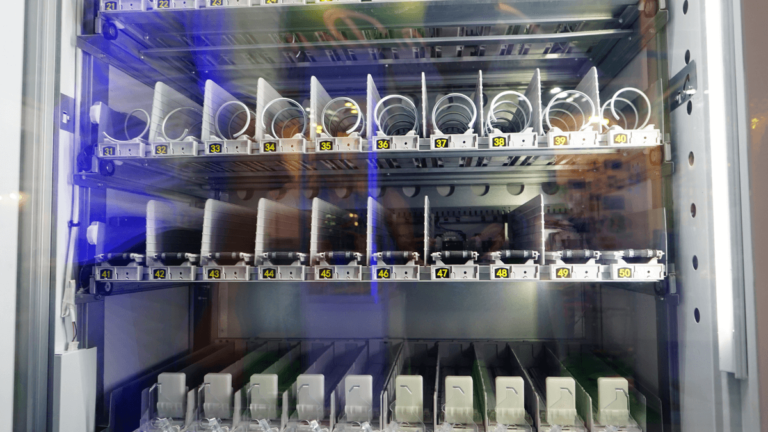Do You Have to Pay Taxes on Vending Machines? New York, Florida, etc
Not sure whether you’re supposed to pay taxes on vending machines? Read this guide for a detailed walkthrough.
As a vending machine business owner, figuring out what your applicable taxes are can be confusing.
So, do you have to pay tax on vending machines?
Yes, starting a vending machine business means you’ll have to pay taxes, although it’s not as straightforward as running a food store because there are often exceptions.
In this guide, we’ll explore the vending machine tax laws in different U.S states to give you an idea of how vending machine sales are treated when it comes to taxes.
RELATED READ:
- Do You Need an LLC for Vending Machines Business?
- How to Start a Vending Machine Business in Florida? License & Financing
- Is Buying a Vending Machine a Good Investment?
- Vending Machine License Australia: Criteria & Requirements
Vending Machine Taxes in Florida
Vending machine food and beverages with a sales price of 10 cents or more are taxable in Florida.
In addition, the vending machines themselves are taxable, whether bought, rented, or leased. Vending machine repairs and parts are taxable, too.
Moreover, if the authority of the location where the vending machine is placed requires rental or lease, the paid charges are taxable.
Some vending machine items and locations are exempted, which include:
- Drinking water
- Charitable organizations (If the items are sold at 25 cents or less)
- Churches
- Schools (With the exception of places accessible to the public, like corridors and gyms
Are Vending Machine Goods Taxable in Minnesota?
Food and beverages sold through vending machines in Minnesota are taxable. These include snack boxes, honor boxes, soft drinks, candy, roasted nuts, and dietary supplements.
Selling a vending machine is also taxable unless the machine is located or operated by a tax-exempt organization, like schools and nonprofit organizations.
Some items are exempted from taxes, like cookies, bottled water, muffins, milk bottles, and licorice.
What Are New York’s Laws Regarding Vending Machine Taxes?
In New York, anything sold through a vending machine is treated the same as in food stores. In other words, food and drinks taxable in food stores are also taxable in vending machines. These include hot food, snacks, soda cans, and candy.
There are some exceptions, which include:
- Hot drinks
- Items sold at $1.50 or less (in case the machine accepts cash only)
- Items sold at $2 or less (in case the machine accepts bank cards along with cash and coins)
- Unheated foods (other than sandwiches and plates)
- Whole fruit
- Pastries and granola bars
- Milk
- Diet shakes
- Iced coffee
Taxable Vending Machine Items in Washington
Standard sales taxes are applicable to items sold through vending machines in Washington. In addition, B&O taxes are applied to gross receipts.
The state B&O tax is basically a gross receipts tax. It is measured on the value of products, gross proceeds of the sale, or gross income of the overall vending business.
Since Washington has no income tax, Washington’s B&O tax is calculated on the gross income from activities.
Hence, there are no deductions from the B&O tax for labor, materials, taxes, or other costs of doing business.
Items that are subject to sales tax include chocolate, coffee, soft drinks, and hot food.
Some goods, such as bottled water and candy, are subject to sales tax on just 57% of the gross receipts.
The person or company that operates the vending machine(s) is required by law to back out the sales tax amount from the total revenue generated by the machine(s).
For example, if the total gross receipt amount is $200, and the tax rate is 8.4%, then the amount of sales and B&O taxes that need to be paid would be $16.8. However, in case the receipt has bottled water or candy sales, then only 57% of the sales value of these items is taxable.
What About Other U.S States?
Almost all other U.S states impose taxes on vending machine sales one way or another.
There are subtle differences depending on each state’s laws and jurisdiction, but the general rule of thumb is to check the tax laws in your state when starting a vending machine business.
When choosing a state to run your vending machine business, it might be a good idea to opt for states that don’t have an income tax.
This is because all states charge sales tax on vending machines at varying rates, but by taking income tax out of the equation, you’ll be able to generate more profit from your vending machine business.
Some states with no income tax include Florida, South Dakota, Washington, and Nevada.
Final Words
That was a quick overview of vending machine taxes in some U.S states.
Vending machine sales are usually treated similarly to items sold in food stores, but it’s not uncommon to find a few exceptions in some states’ tax laws.
The items sold through the vending machine, as well as the machine’s location, will decide whether you need to pay taxes or not.

